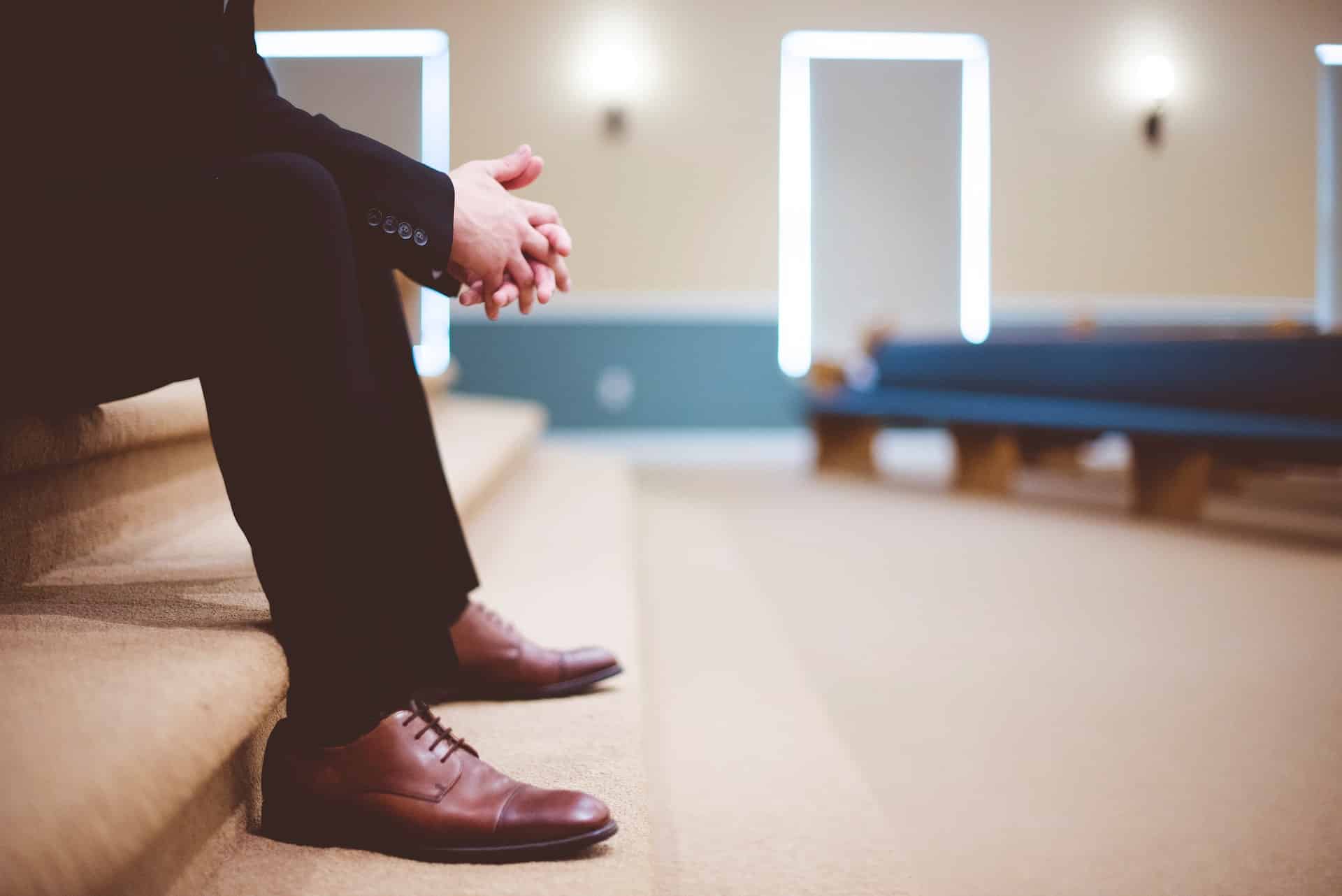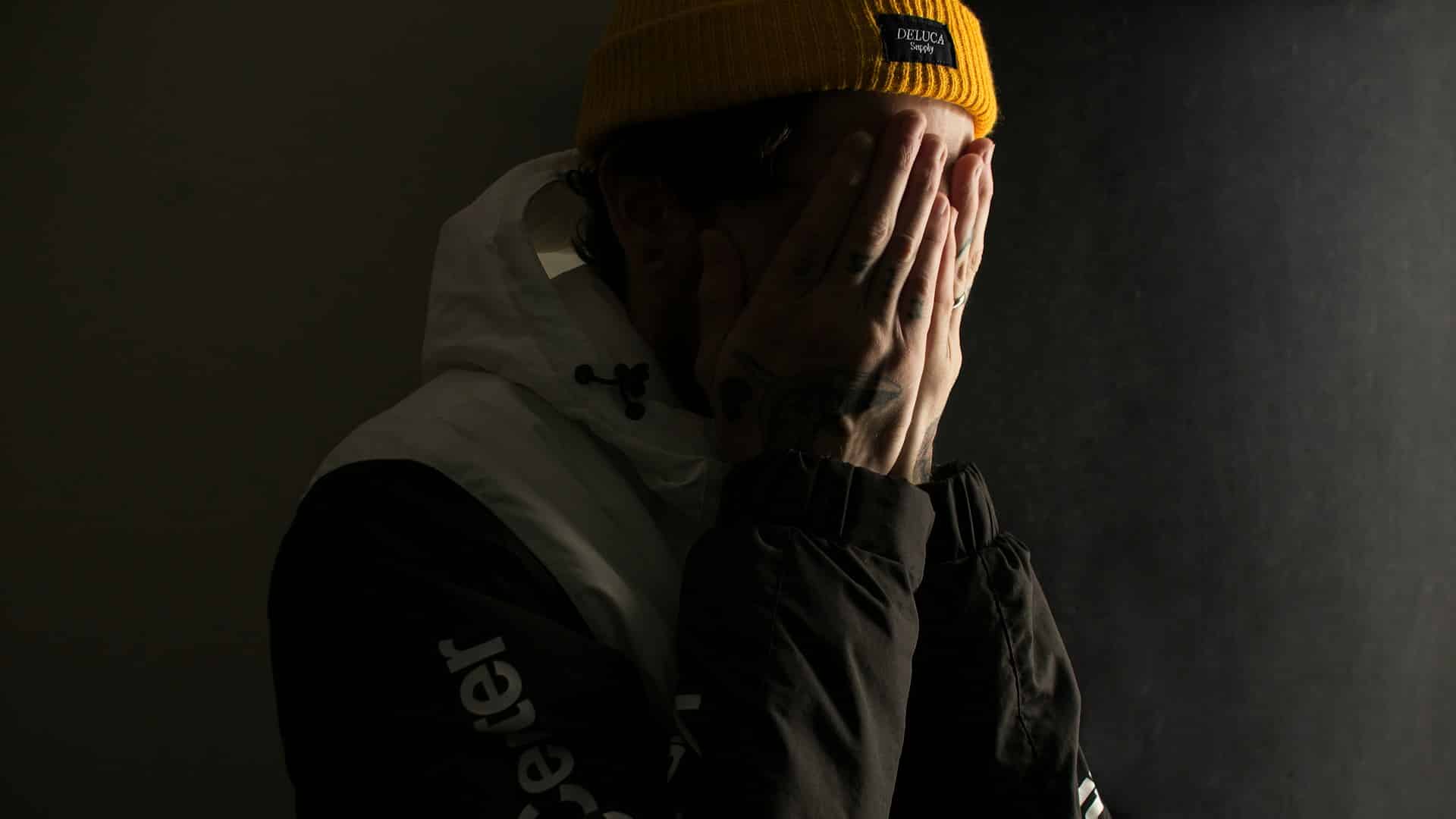








What is POCD?
POCD, otherwise known as paedophile-themed obsessive-compulsive disorder (OCD) is a relatively recently categorised form of OCD. OCD is a mental health disorder characterised by obsessive unwanted and therefore intrusive thoughts and feelings, and compulsive responses (behaviours), due to those thoughts. Compulsions can take the form of cognitive (thinking) responses, for example, counting or reassuring oneself. Or behavioural ones, which might involve checking, washing, or repeatedly turning a light switch on and off, depending on the fears related to the obsession (for example, safety, contamination, etc). Normally, OCD treatment comprises of cognitive behavioural therapy (CBT), including exposure and response prevention (ERP). As POCD is a subtype of OCD, CBT and ERP therapy are also treatments for POCD.
The Impact
People with OCD and specifically, a person with POCD will often experience an impact to identity because sufferers do not feel in control and are compelled to act out behaviours in an attempt to feel a sense of control. Ironically however, this very compulsion demonstrates a lack of control, guided by anxiety. When living with POCD, the sufferer experiences an obsessive fear about being a paedophile or becoming one, which is hugely threatening to identity. This is due to the repeated unwanted sexual thoughts about children, which are experienced as incredibly confusing, upsetting, and horrifying.
POCD is possibly the worst type of OCD for sufferers because it is the most horrifying obsession one might imagine. Paedophiles are detested by society and usually by the sufferer, so the fear of being a paedophile is incredibly intense. Indeed, the worst forms of OCD are combined in POCD, that is, a fear of hurting vulnerable people (Harm-OCD), the fear of being attracted to someone we shouldn’t be (Sexual Orientation-OCD), and a fear of breaking the strictest codes of society (moral scrupulosity).
What POCD Sufferers Think
- Typical POCD thoughts, images, or sensations involve harming children, and are sexual and feel intrusive in nature
- Innocent childhood memories can surface and take a sinister tone. For one client who had recently become a mother for the second time, a common sexual childhood game was recalled, causing her to fear she was a paedophile
- Remembering a childhood crush when one was a child themselves can become distorted and feel to the thinker like a suppressed paedophilic memory
- Some sufferers’ intrusive paedophilic-themed thoughts do not necessarily mean they fear they are a paedophile, rather, that these thoughts will prevent them from being happy, or gradually even turn them into a paedophile
- Victims of childhood sexual abuse can believe they will do the same to a child
- Sufferers can misconstrue thoughts about a child’s appearance, for example a child’s perceived beauty or cuteness as being indicative of sexual intentions
- Inadvertent physical contact with a child is believed to be intentional and driven by pleasure
- Some sufferers begin to obsessively experience false memories (about having harmed a child) which they believe were repressed, causing worry
- Any positive thoughts or feelings towards children are feared to be sexual in nature
- Worries that noticing adult characteristics in young and developing children, such as the way they are dressed, or body parts indicates paedophilia
- Second guessing behaviours and intentions toward their own children, or around children they know, which they never would have before (for example, why did I give him that toy, I must be trying to groom him)
How POCD Sufferers Behave
- Sufferers might start to avoid children
- Things that remind of children, and therefore trigger thoughts will be avoided (like children’s TV shows)
- Being very conscious of how to interact with children and therefore holding them in very deliberate ways, so that the child cannot brush genitalia
- Intimacy and sex with one’s partner might be avoided due to a fear of paedophilic thoughts
- An individual will start to think about all their behaviour around children as being ill-intended and questionable, when previously, the same behaviour would be perfectly acceptable (such as doing or saying something nice to a child they know)
- Telling close friends or family about paedophilic thoughts so others can reassure them they have paedophilia OCD, rather than are a paedophile, and that their behaviour is not viewed as inappropriate, which means they are not a paedophile
- Reassuring oneself about having confessed their thoughts to others, as this means they are not hiding anything
- Another form of reassurance is to repeat a behaviour to prove to themselves that no wrong or sexual act took place. For example, interacting with a child more than they normally might, or picking up and putting down a child repeatedly
- Obsessively researching about POCD and actual paedophilia to differentiate between the two
- Keeping records of where one has been to confirm and reassure that one has not molested a child
- Checking if being around children, or having thoughts of them results in arousal in the groin or anywhere else
- Imagining and checking for signs of abuse in children when with them
- Taking extra precautions around children, like putting trousers on to go to the bathroom at night, rather than passing a child’s room in boxers shorts
Coming Up Next Time....
Clearly POCD is a highly distressing condition. Do check out Part II which explores the help available to sufferers.
- Why Is Suicide So Prevalent In KPOP? RIP Moon Bin
- PTSD: Case Study of Thomas Shelby
- Paedophilic Obsessive-Compulsive Disorder (POCD) I
- The Value Of Confronting Self-Doubt As A Psychotherapist
- What Happens When Trauma Is Ignored, Vs When It's Not
- A Warm Welcome From Phinity Therapy
- Rehanna Talks Issues
- Rehanna Discusses Phinity Services
- The HEALTHIER WAY To Grieve
- What Your THERAPIST'S TITLE REALLY MEANS!

- Hershfield, J. (2015). POCD: What Is Pedophile-Themed Obsessive-Compulsivesorder?. Sheppard Pratt. Retrieved 27 January 2022, from https://www.sheppardpratt.org/news-views/story/pocd-what-is-pedophile-themed-obsessive-compulsive-disorder/.
- Tallis, F. (1996). Understanding obsessions and compulsions (3rd ed.). Sheldon.


